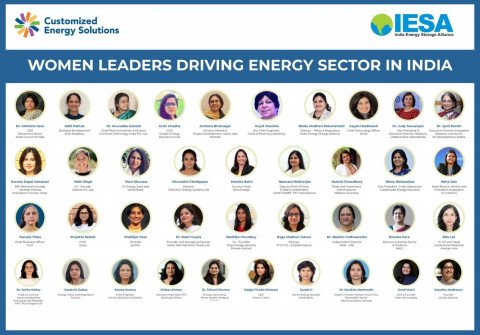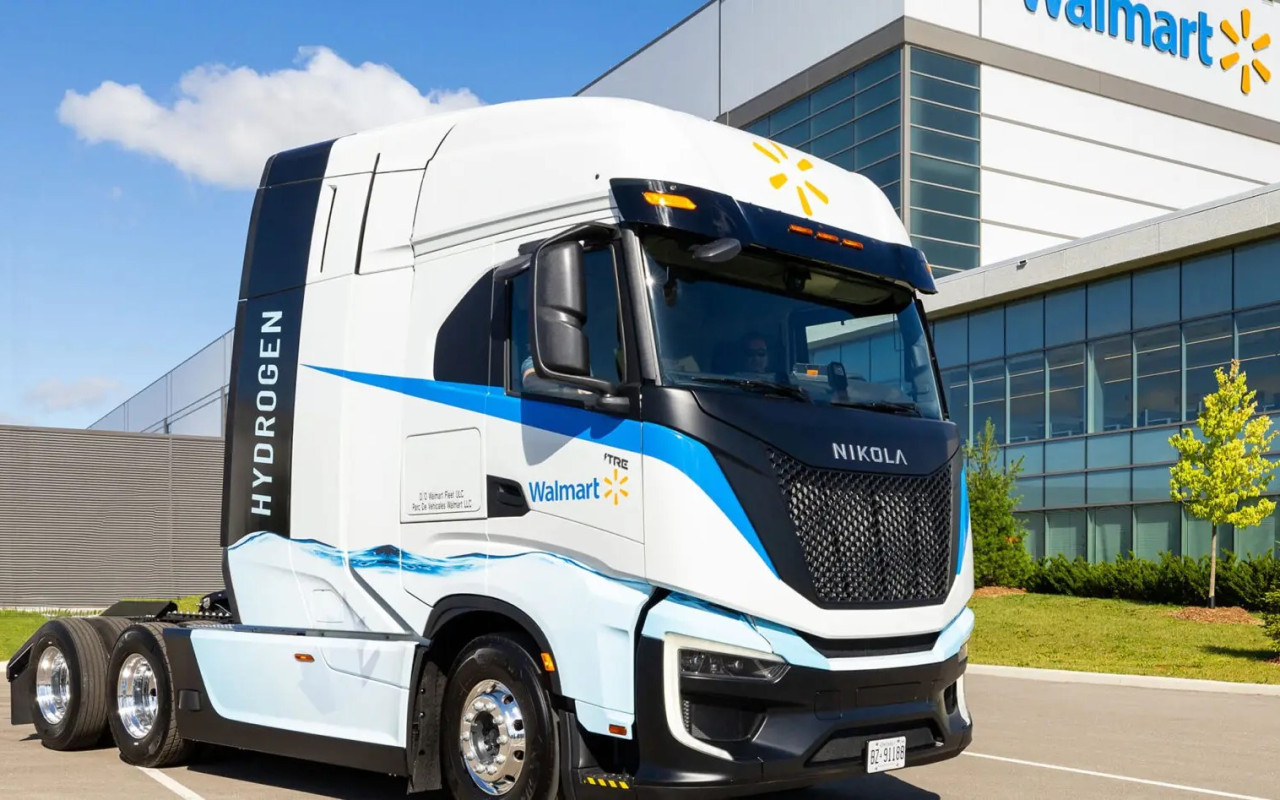India notifies National Framework for Promoting Energy Storage Systems
The Union power ministry has released the finalized National Framework for Promoting Energy Storage Systems, bringing cheer to the industry as well as forums such as the India Energy Storage Alliance (IESA), which has been closely working with several ministries including the Union power ministry, towards growth of the energy storage sector in India and overcoming of current barriers.
In its report, the ministry notes that shifting from fossil fuel-based capacity to renewable energy (RE) sources makes it necessary that the renewable energy becomes despatchable and available 24x7. It mentions that this is only possible through energy storage.
In this context, the report states, Energy Storage Systems (ESS) can be used for storing energy available from RE sources to be used at other times of the day. "Storage of energy will help in bringing down the variability of generation in RE sources, improving grid stability, enabling energy/ peak shifting, providing ancillary support services and enabling larger renewable energy integration. Storage Systems will also benefit consumers by bringing down peak deficits, peak tariffs, reduction of carbon emissions, deferral of transmission and distribution capex, and energy arbitrage," the notification states.
RELATED: SESI 2023: Setting a pragmatic roadmap for Stationary Energy Storage in India
It goes on to add: "Therefore, to achieve twin objectives of ensuring energy transition and energy security, it is crucial to create an ecosystem for development of ESS that is independent of technology, based on requirements, and financially feasible, to guarantee affordable, clean, stable, flexible, and secure power for everyone Accordingly, a National Framework on ESS is necessary to encourage the adoption of Energy Storage for ensuring an environmentally sustainable and financially viable power sector."
Key industry takeaways from this notification:
1. The Central Government may notify technology agnostic bidding guidelines for Long Duration Energy Storage (LDES), Short Duration Energy Storage (SDES), and Ancillary Services to assist utilities, procurers, and developers in faster development of financially viable and environmentally sustainable ESS projects for the Indian power sector.
2. The bidding may be on the basis of either composite tariff (including the cost of input power) in case input power is arranged by the developer, or tariff for storage on a per Megawatt-Hour basis if the input power is to be arranged by the procurer of the storage capacity.
3. Storage Capacity with Future Renewable Generations: New RE projects (excluding hydro projects) with an installed capacity of over 5 MW or as specified by the Central Government may be mandated to install ESS (of at least 1 hour storage) for minimum five percent of the RE capacity.
4. A supervising agency or nodal agency may be appointed to oversee the entire process from bidding to installation and connectivity of the ESS, to ensure completion within a specified timeframe.
5. To achieve financial and commercial viability, ESS developers and intermediary agencies would be permitted to offer a range of market-based energy and power products. These products include Spot Energy Market and Capacity Market/ Energy Arbitrage.
RELATED: IESA, Telangana sign pact to boost state's energy storage sector
6. An appropriate commission needs to specify time-of-day tariff for commercial and industrial (C&I) consumer category and other categories of consumers in accordance with the rules. This will incentivize consumers and utilities to use ESS for optimizing the cost of power.
7. ESSs that use RE for charging may be provided with carbon credits, with a detailed accounting methodology to be released separately.
8. The Central Government may consider tax benefits to ensure rapid development of ESS. Electricity duty (ED) and cross subsidy surcharge (CSS) may not be made applicable on input power for charging of ESS as these systems are merely facilitating conversion of energy where electricity is stored during off-peak hours and discharged during peak hours. ED and CSS may only be levied on the final consumption of electricity.
9. States may exempt land to be acquired by setting up ESS from payment towards stamp duty and registration fees.
10. Central Government may formulate a PLI scheme specific to the Battery Energy Storage System (BESS) to be used in the power sector.
11. Pilots/ demonstration projects may be taken up for storage technologies which are yet to attain large scale commercial deployment like novel Advanced Chemistry Cells (ACC), Compressed Air Energy Storage (CAES), Flywheel, Gravity Storage, Thermal Energy Storage (TES) Green Hydrogen, etc.
RELATED: SESI 2023: Grid-scale, Behind-the-meter, and Long-duration Energy Storage in spotlight
12. The Central Government may provide assistance from Power System Development Fund or any other fund to the Central/ State PSUs/ IAs, to utmost two pilot ESS projects with a maximum capacity of 20 MW, for both LDES and SDES applications, and limited to a maximum cumulative capacity of 80 MW.
13. A mechanism with predefined criteria and necessary standards may be established for repurposing ESS components used in one application for reuse in another application. A standard operating procedure may be developed to encourage recycling efforts and reclaim of materials from the end-of-life batteries.
The ministry report notes that India has set a target to achieve 50 percent cumulative installed capacity from non-fossil fuel-based energy resources by 2030 and has pledged to reduce the emission intensity of its GDP by 45 percent by 2030, based on 2005 levels.
Towards this, the country has launched several initiatives such as National Solar Mission and National Mission for Enhanced Energy Efficiency and is also investing in new technologies, such as electric vehicles, to reduce its carbon footprint.



















